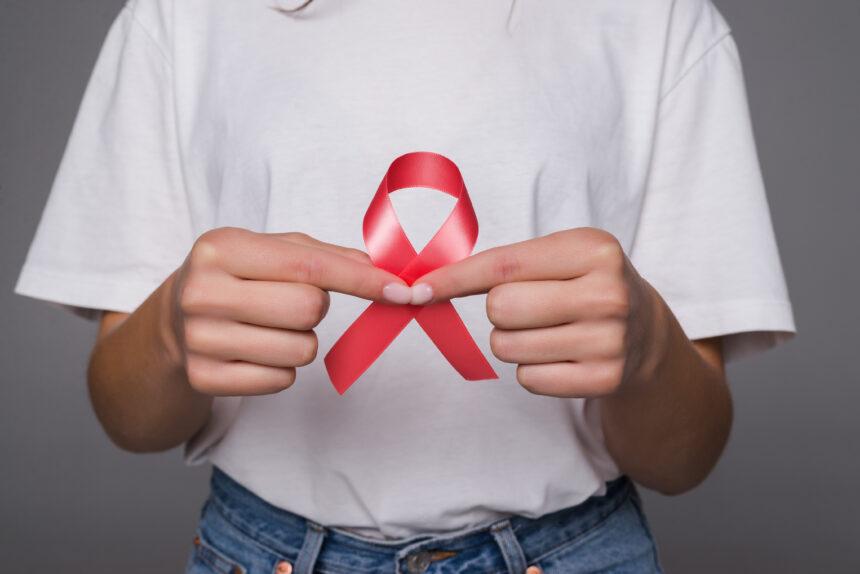Life insurance is a crucial financial tool that provides financial security and peace of mind to individuals and their families. It ensures that loved ones are taken care of financially in the event of the policyholder’s death. However, for individuals living with HIV/AIDS, obtaining life insurance has historically been a challenging task due to the associated health risks. In South Africa, where the HIV/AIDS epidemic has had a significant impact, understanding life insurance options for individuals with HIV/AIDS is essential.
Historical Challenges:
The HIV/AIDS epidemic has had a devastating impact on South Africa, with millions of people living with the virus. In the past, life insurance companies often denied coverage or imposed exorbitant premiums for individuals with HIV/AIDS due to the perceived risk involved. The rationale was based on outdated information and misconceptions about the disease, leading to widespread discrimination against those living with HIV/AIDS.
The Changing Landscape:
Fortunately, the insurance landscape has evolved, and with advancements in medical treatments and a better understanding of HIV/AIDS, life insurance options for individuals with the virus have improved. South African insurance companies have recognized the need to adapt their policies to provide coverage to individuals living with HIV/AIDS.
Product Innovation:
In recent years, insurers in South Africa have introduced innovative life insurance products specifically designed for individuals with HIV/AIDS. These products take into account medical advancements and the improved life expectancy of people living with the virus. Such policies typically involve an underwriting process that considers various factors, including the individual’s viral load, CD4 count, overall health status, and adherence to treatment protocols.
It is important to note that insurance companies still assess the risk associated with HIV/AIDS, but the focus has shifted from outright denial to a more nuanced evaluation. Insurers now recognize that with proper treatment and care, individuals living with HIV/AIDS can lead long and fulfilling lives, thereby reducing the risk of premature death.
Underwriting Process:
The underwriting process for life insurance involving individuals with HIV/AIDS typically involves a thorough assessment of the applicant’s medical history and current health status. This may include medical examinations, blood tests, and consultation with healthcare professionals. Insurers will also consider factors such as lifestyle choices, smoking habits, and any co-existing medical conditions.
Premiums and Coverage:
Premiums for life insurance policies for individuals with HIV/AIDS are generally higher compared to those without the virus due to the increased risk involved. The amount of coverage offered may also be lower than traditional policies. However, the specific terms, conditions, and pricing of these policies can vary significantly among insurance providers. It is crucial for individuals to compare different options and work with insurance brokers who specialize in this field to find the most suitable policy at the best possible rates.
Disclosure and Honesty:
When applying for life insurance, it is vital for individuals living with HIV/AIDS to be open and honest about their medical condition. Non-disclosure or providing false information can lead to claim denials in the future. It is essential to understand that insurance companies have the right to investigate claims thoroughly, and misrepresentation can have serious consequences.
The Way Forward:
The availability of life insurance options for individuals with HIV/AIDS in South Africa is undoubtedly a step in the right direction. It reflects the progress made in understanding the virus and the increasing emphasis on inclusivity and non-discrimination. However, challenges remain, and the industry should continue to work towards providing even more affordable and accessible coverage options for those living with HIV/AIDS.
Public awareness campaigns, ongoing education, and collaboration between insurance providers, healthcare professionals, and advocacy groups can help further break down barriers and eliminate the stigma associated with HIV/AIDS. This will contribute to a more inclusive and supportive society for all individuals, ensuring that everyone has access to the financial protection they deserve.
In conclusion, life insurance for individuals with HIV/AIDS in South Africa has come a long way, thanks to advancements in medical science and evolving societal attitudes. While challenges remain, the availability of specialised insurance products demonstrates a growing commitment to providing financial security for those living with the virus. By continuing to improve policies, raise awareness, and promote inclusivity, South Africa can create a more equitable landscape for life insurance and ensure that all individuals have access to the protection they need.










